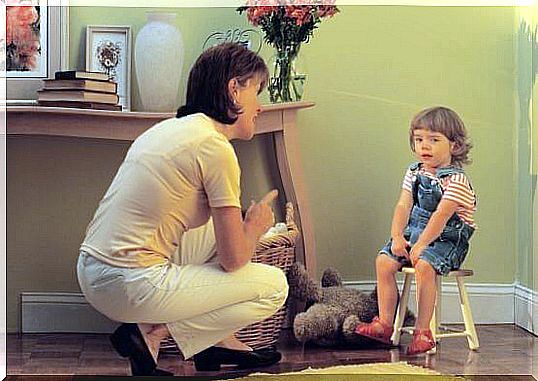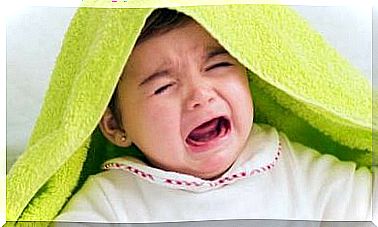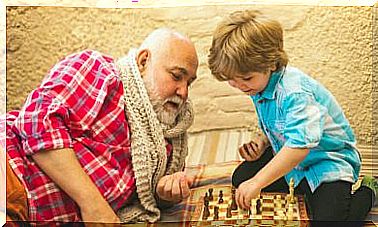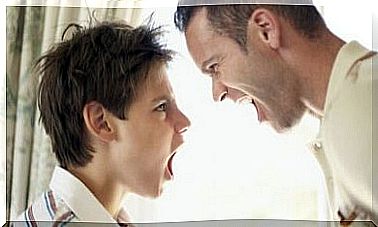The Dangers Of A Spoiled Child: Learn To Say No

What is the biggest danger of your child being spoiled? That you do not know limits and do not know how to handle the frustration of not being able to have or do something you want.
We are all afraid of tantrums, especially if they are in public, I think they are the characteristic that we highlight and despise the most of a spoiled child. But that’s just a consequence of the personality of a spoiled child.
And the fact that a child has tantrums does not mean that he is strictly a spoiled child, there is an age in which they are frequent and you as a mother or father must learn to deal with them and know that it is a stage that they will overcome together .
I insist, for me, the worst consequence of a spoiled child is that he does not know his limits, how he should behave and what is expected of him. The idea, rather than saying no to everything, not to touch this or that, not to do this or that, is for him to develop a minimum of conscience and to know, to the extent of his possibilities and his age, what he should to do or not.
“What we want to achieve is that the child develops a genuine desire to cooperate without the threat of punishment or rewards ; that is to say, that our son or daughter manages to regulate himself, that he does not depend on constant vigilance, “Violeta Alcocer, the student of the current of attachment parenting, assures in one of her articles.
The most ideal, continues the blogger, is for your child to become a guardian of himself, to guide his life based on ethics and values that he has consciously decided to incorporate into his emotional baggage.

What are the limits
The limits (those that are talked about so much and that nobody knows very well what they are) are nothing more than the common place where my needs meet those of the other, the space from which a healthy balance is broken, the framework within which our healthy relationships with ourselves, with others and with the environment around us are contained.
In another of his articles, he exposes that limits do not always have to do with firmness, authority or the ability to say “no” : they have to do with the ability to combine our needs with those of our children in a harmonious way.
On the other hand, expectations are what we expect of our children and what we expect of ourselves as parents and as a family. Limits and expectations are two closely related concepts, since our expectations are the frame of reference for our limits, they define them, Alcocer argues.
Say no is not enough
It is important to think about what role no plays in a child’s life. “Personally, I am quite opposed to the theories that propose“ no ”as an educational panacea (in general they are theories that invite us to consider that active frustration, that is, deliberately denying wishes to the child, is necessary and invites growth because that it is what the child is going to find in life) ”, conceptualizes the expert.
For this learning to take place, it is essential that when our child wishes, instead of closing the subject with a “no” and going to something else, we are able to say “yes, but this far”. The resounding “no” is fine when what is behind it is an electrocuting plug or an embankment. Also, when what is behind it is a slap to a brother or anything else that undermines what we have considered as respect or as a fundamental part of our coexistence or good vitality.

Learn to speak and understand
In her books, the psychologist and writer Rosa Jove explains a technique to deal with your child’s tantrums, and her advice includes always understanding your child with tenderness.
It is an exercise that requires a lot of self-control and patience. It is vital to see first in yourself which situations make you out of your boxes and which ones you cannot deal with, it is also necessary to see the weak points of your child and explain why he cannot have the candy he wants or should not do certain things, for example .
The expert recommends always telling your child that you love him, that they are likely to disagree on certain things, that you may deny him some objects or limit certain actions, but that you still love him and that it does not work. to never change.









